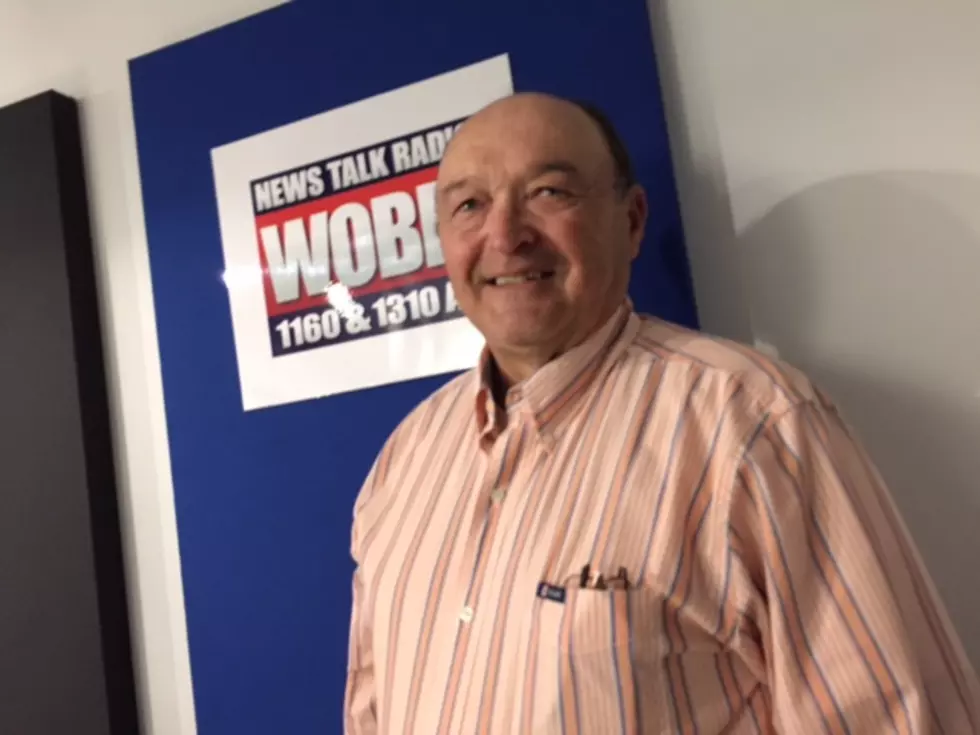
Emerging cancer treatment changed my life, says former Waretown PD chief
Bill Sneddon had it all. Waretown's retired police chief had a comfortable pension, a long string of successful business ventures, leisure time and a loving family.. Plus, a surprise he never expected to have - prostate cancer.
For Bill, it was like throwing the emergency brake on a Maserati at cruising speed.
For generations, surgery was invasive, recovery was long, and physical alterations meant either painfully re-learning some body functions or a dependency on Depends. But a conversation on a golf course changed Bill's prospects, and turned him into an ardent advocate of a controversial treatment.
Proton-beam therapy, which has struggled for acceptance in the US despite FDA approval, is minimally-invasive and homes in on affected tissue.
Proponents say that the difference from standard radiation is akin to that between a rifle and a shotgun. Detractors believe that its costs are significantly higher than standard means, but results much less so.
The treatment's acceptance, and growth, are on shallow inclines. The Mayo Clinic added the therapy to its facilities in Minnesota and in Arizona this year. In 2014, financial hardships forced the Indiana University Proton Therapy Clinic to close. Several major insurance firms exclude it from coverage, but it is covered under Medicare.
None of the cost, policy, or operational arguments were on Bill's mind when he entered ProCure in Somerset. Denial, frustration and fear, however, were.
Sneddon said that beyond the well-appointed surroundings, "like a country club," he saw a team led by oncologist Henry Tsai using thorough background examinations to determine if he would be a viable candidate.
"First thing you see is a big, glass-walled building," he mused. "You walk inside, the reception area's about 150 feet long. Stone wall, a fireplace, there's a snack bar and a concierge. We had the same technicians the entire time. They got to know me."
"I couldn't go up there until I had a bone scan and a CAT scan," he said, to determine whether any cancer cells had migrated to his bones and whether any tumors existed beyond his prostate gland.
Another thing that Sneddon didn't expect at ProCure was a soft sell. "Dr. Tsai explained every type of treatment that I could get. Then he said, 'Go home and think about it. Make the decision that's best for you."
Dr. Tsai reinforced ProCure's policy of tending a patient's physical, mental and emotional states. "Patients are treated in a compassionate environment. Patients meet each other in the waiting areas. A good support system develops."
Dr. Tsai says that proton-beam therapy is more precise than standard radiation, and more efficient. "We're able to stop the beaming at a specific depth within the body," he said. "An X-ray goes all the way through, and hits a lot of tissue on the way in and ont he way out."
He adds that the method can be applied to cancers in other parts of the body, and prostate cancer is treatable through it without surgery or chemotherapy. It is important, though that the cancerous tissue is confined to a specific area.
Bill Sneddon says his life started all over again when he emerged from the 44-day treatment with a clean bill of health, an experience that started with the escalation of his prostate-specific antigen (PSA) level. "Now, I ask my friends, 'Do you know what your PSA is? And if you haven't had a PSA test, get one.'"
More From 92.7 WOBM









